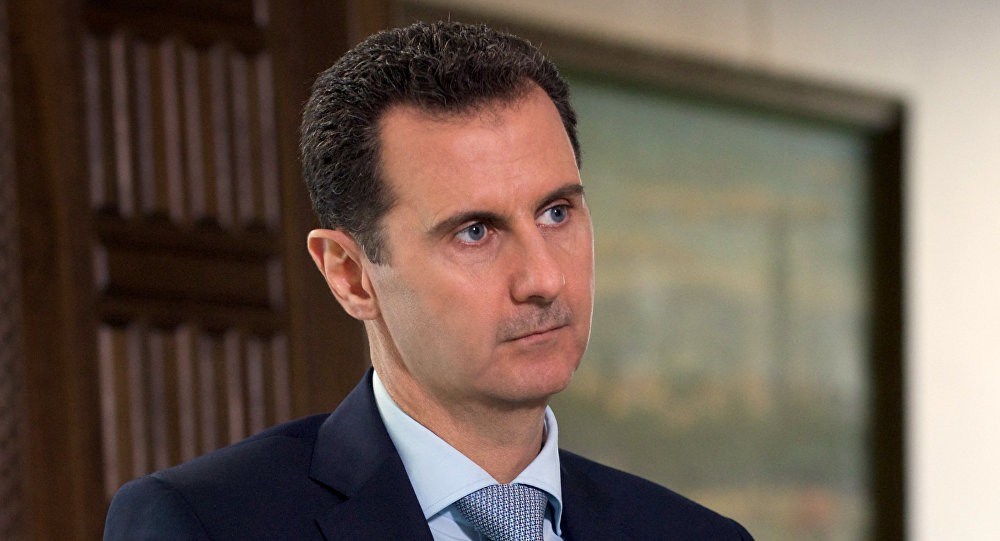On Monday, the Emirati academic Abdulkhaleq Abdullah stirred controversy with his statements to the Russian Sputnik agency, in which he stressed the diligent Emirati efforts and its race to rehabilitate the war criminal Bashar al-Assad among Arabs and restore his regime to the Arab League before the Tunisia summit scheduled for March.
The agency quoted Abdullah as saying that there were unremitting efforts being made by the Emirates to restore the Assad regime to the Arab League before the Tunisia summit. Abdullah said that meetings and efforts were currently ongoing behind the scenes and indicated that there is a 50 percent chance that the Assad regime would attend, and that a state of accord could occur in the next few days, despite the Arab League Secretary-General, Ahmed Aboul Gheit, saying two weeks ago that there was no Arab agreement about the Assad regime’s return and that the matter was tied to this agreement.
Abdulkhaleq Abdullah, who Sputnik said was a former adviser to the Abu Dhabi’s Crown Prince, Mohammad bin Zayed, claimed that, “Syria returning to the Arab League is a major necessity at the current time, especially as leaving it in this state will give Turkey and Iran a greater chance to penetrate the Arab territory even more.” He said that Arab countries should separate their position on the political regime (the Assad regime) and the state, which is the territory, the people, and history, as he put it.
The Emirati state was the first Arab state to reopen its embassy in Damascus in last December, in a step which the State Minister for Foreign Affairs, Anwar Gargash, justified by saying that it aimed to fight, “Iranian and Turkish penetration into Syria and the region.”
However, the renewed efforts of the Emirates ran into the walls of Arab and international rejection, which is ongoing. Doha said it rejected the return of the Assad regime before a political solution was achieved, and Morocco took the same position. Saudi Arabia placed conditions on the return, most importantly that it be freed from dependency on Iran. This appears impossible in light of the Assad regime handing the entire country over to Iranian and Russian occupation. The decisive blow came from Trump, who “advised” the Arabs not to normalize with the Assad regime, as did the Europeans. France and Britain totally ruled out reopening their embassies in Damascus before a political solution was reached.
Several countries stand alongside the Emirates, including Bahrain, Iraq, Algeria and Egypt. Lebanon is carrying out major efforts at the political level at the moment, with allies are mobilizing, according to Lebanon experts. They pointed to the major role played by Lebanon to rehabilitate the Assad regime and for it to attend the March Arab League summit. This line is led by the son-in-law of President Michel Aoun, Foreign Minister Gebran Bassil, who wants to expel a million Syrian refugees from Lebanon by any means, refusing to tie their fate to a political solution, as international law and UN Security Council resolutions stipulate.
The Emirati academic and political science professor Abdullah was a major supporter of the Syrian revolution, however he has a volatile positions even on allies. He stirred discontent in Saudi Arabia when he demanded a few months ago that a Saudi prisoner of conscience be released, and he was arrested and forcibly disappeared in January 2017, to be released a few days later having flipped entirely and now supporting Abu Dhabi’s policies entirely, even saying in one of his tweets that Abu Dhabi was the “center of Arab gravity.”
This article was translated and edited by The Syrian Observer. Responsibility for the information and views set out in this article lies entirely with the author.


